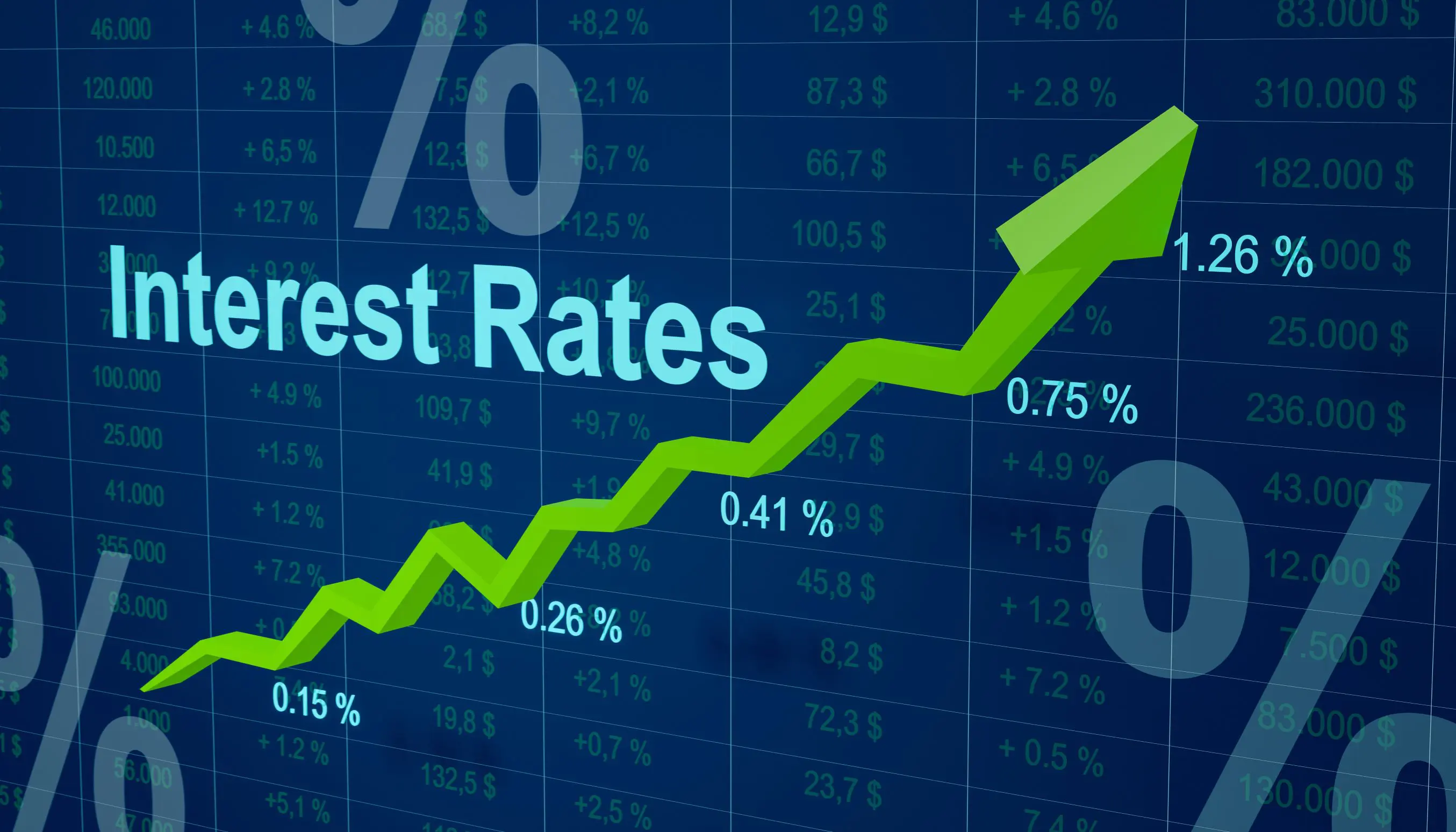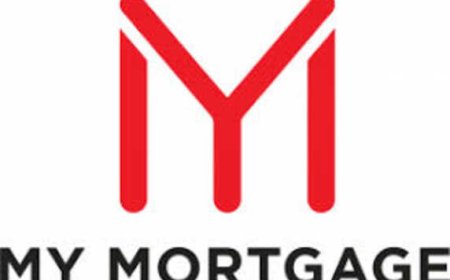Rising Interest Rates: What It Means for Your Money
As global interest rates climb in 2025, learn how savings, loans, and investments are being reshaped—and what steps to take to protect your finances.
Interest rates affect nearly every part of your financial lifefrom loans and savings accounts to investments and credit cards. When rates go up, it generally means the cost of borrowing increases while savings and fixed-income investments yield more. This change usually starts with the central bank raising its policy rates in response to economic conditions. As a result, banks and lenders adjust their own rates. It's important to understand how this shift can influence your daily decisions, even if you're more focused on other purchases like e cigarette online.

How Higher Rates Impact Borrowing
When interest rates rise, borrowing becomes more expensive. If you have or are planning to take out a loanlike a home loan, car loan, or personal loanthe amount of interest you'll pay over the loan's life can be significantly higher. Heres how that plays out:
-
Home Loans: Mortgage interest rates tend to climb, leading to higher monthly payments. This can impact your long-term budget and housing affordability.
-
Auto Loans: Monthly payments on car loans may increase, making new car purchases more costly unless you opt for a larger down payment.
-
Credit Cards: Most credit cards have variable interest rates. As rates rise, the cost of carrying a balance also increases, encouraging more careful use of credit.
While borrowing becomes more expensive, it can encourage consumers to reduce debt or borrow only when truly necessary, which can ultimately support personal financial health.
Benefits for Savers and Investors
On the positive side, rising interest rates offer improved returns for savers. If youve got money in a savings account, fixed deposit, or money market fund, you're likely to see higher yields. Heres how that might help:
-
Savings Accounts: Traditional savings and high-yield accounts often see improved interest payments. It becomes more rewarding to save regularly.
-
Fixed Deposits: New fixed deposits tend to offer better rates, locking in solid returns for longer periods.
-
Bonds and Treasury Bills: Government-backed and corporate bonds may provide better yields, especially newer issues that reflect the current interest rate environment.
This shift encourages building or growing an emergency fund, investing wisely, and preparing for future expenses with more confidence.
Impact on the Real Estate Market and Personal Budgeting
Real estate markets often react quickly to interest rate changes. When borrowing costs rise, homebuyers may find themselves priced out of markets they previously considered affordable. However, this can lead to a cooling of housing prices, potentially offering better buying opportunities down the line.
From a personal budgeting perspective:
-
It becomes important to reassess monthly expenses, especially if you're repaying loans.
-
Increasing contributions to savings becomes a smarter option due to higher deposit interest.
-
Investing in short-term financial instruments that offer better returns can be a wise move during such times.
Maintaining financial discipline and staying informed helps adjust to these new cost structures without much strain.
Planning Ahead: Smart Financial Strategies
Navigating a rising interest rate environment doesn't need to be stressful. Its more about adjusting your approach and being proactive with your finances. Here are a few smart steps:
-
Refinance Wisely: If you have existing loans with high variable rates, consider locking in fixed-rate alternatives while rates are still manageable.
-
Emergency Fund First: Aim to strengthen your emergency fund to handle unexpected costs more easily.
-
Evaluate Investment Mix: Rising rates affect stocks and bonds differently. Review your asset allocation to ensure it matches your risk tolerance.
-
Limit Unnecessary Debt: Prioritize paying off high-interest debt quickly and avoid new debt unless it's for essential needs.
Adapting your strategy not only helps you stay in control financially but also builds long-term resilience.
What This Means for Businesses and Consumers
Higher interest rates have ripple effects throughout the economy. Businesses that rely heavily on borrowing may scale back investments, which can influence job creation or expansion plans. However, stable and measured rate hikes are generally seen as a sign of a growing, confident economy.
For consumers, this environment encourages more thoughtful spending and saving habits. People may take a closer look at subscription costs, discretionary purchases, and overall lifestyle choices. While it can be a shift, it often leads to better awareness of financial goals.
Another angle is how consumer products and habits also evolve with financial trends. For example, even lifestyle purchases through platforms that sell shop vape products or similar items may become more calculated decisions during periods of rising rates, aligning personal spending with broader financial goals.
Conclusion
Staying Financially Healthy in a High-Rate Climate
Rising interest rates aren't inherently negativethey reflect a balancing act in the economy aimed at controlling inflation and supporting long-term growth. For individuals, its a wake-up call to revisit financial plans, make informed borrowing choices, and optimize savings and investments.
The best approach is to stay informed, act early, and keep your financial habits flexible. Whether you're managing debt, planning major purchases, or browsing options for e cigarette online, awareness of rate trends can help you make the best financial decisions. And no matter what the economy throws at you, staying grounded and adaptable ensures youre always in control.
Even as you shop for essentials or lifestyle items like those at a shop vape, remember that every financial move counts more in a high-rate world. With the right knowledge and planning, you can use this time to strengthen your financial future.


































